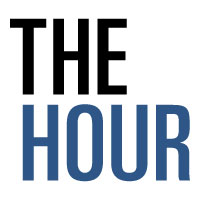Facebook Banned 7 ‘Cyber Surveillance Companies for Tracking and Hacking 48,000 Users’ Devices
Meta has banned seven alleged surveillance-for-hire companies from its platforms after those parties installed spyware on end-users’ phones, mining their confidential data, hacking their devices, and selling their data to rogue countries.
Meta, the parent company of social media brands Facebook, Instagram, and WhatsApp reported its purification operation took months of investigation.
Meta claims it has identified seven cyber mercenary companies that have targeted some 48,000 clients in over 100 countries. Moreover, Meta says it removed 1,500 Facebook and Instagram profiles that could be traced back to these outfits.
In most cases, these firms would create fake profiles to be used as a front which would then be used to collect customers’ intelligence, hack their devices or grab their money.
The Meta release authored by David Agranovich, Director, Threat Disruption, and Mike Dvilyanski, Head of Cyber Espionage Investigations put it as follows:
“The global surveillance-for-hire industry targets people to collect intelligence, manipulate and compromise their devices and accounts across the internet.
“While these “cyber mercenaries” often claim that their services only target criminals and terrorists, our months-long investigation concluded that targeting is in fact indiscriminate and includes journalists, dissidents, critics of authoritarian regimes, families of opposition and human rights activists.
“We disabled seven entities who targeted people across the internet in over 100 countries; shared our findings with security researchers, other platforms and policymakers; issued Cease and Desist warnings; and also alerted people who we believe were targeted to help them strengthen the security of their accounts.”
Of the seven surveillance-for-hire businesses, four were believed to have operated from Israel, namely Cobwebs Technologies, Cognyte, Black Cube, and Bluehawk CI, while another one listed as BellTroX was based in India.
Yet another one named Cytrox was registered in North Macedonia. Also, an unidentified firm from China was believed to be engaged in providing spying services on minority groups like the Uyghur minority in China.



